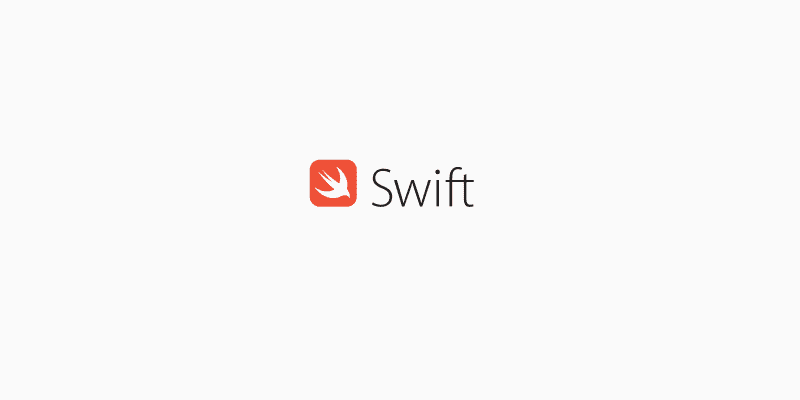Apple has released Swift 3.0, the latest version of the programming language that it created as a lighter and less verbose alternative to the aging Objective-C.
This latest release introduces source-breaking changes that will render some of the apps coded in earlier versions of Swift incompatible with the most recent compiler.
The biggest changes were made to the core Swift Standard Library APIs, which now features a simplified syntax. This update inherently creates a lot of dead-weight in older apps, which will need to be re-written to support the new syntax.
Apple plans to include some automatic code migrators in future versions of Xcode to help developers upgrade their code from older Swift distributions.
Furthermore, Apple has also changed how the Objective-C-to-Swift import tool works. This tool now (obviously) produces Swift code according to the newer 3.0 syntax.
Developers that have migrated Objective-C apps to Swift 1.x and 2.x, can now reimport their apps with the new import tool, or use the code migrator that Apple plans to add to Xcode 8.
Swift is not the first programming language or dev tool to go through some sort of syntax change. Python and AngularJS have gone through similar processes, with Google releasing Angular 2.0 just yesterday.
Apple announced Swift 3.0 at the end of last year and started offering a public preview since June 2016. You can download the latest Swift version from Softpedia’s Mac downloads repository. The Swift 3.0 changelog and announcement is available here.







